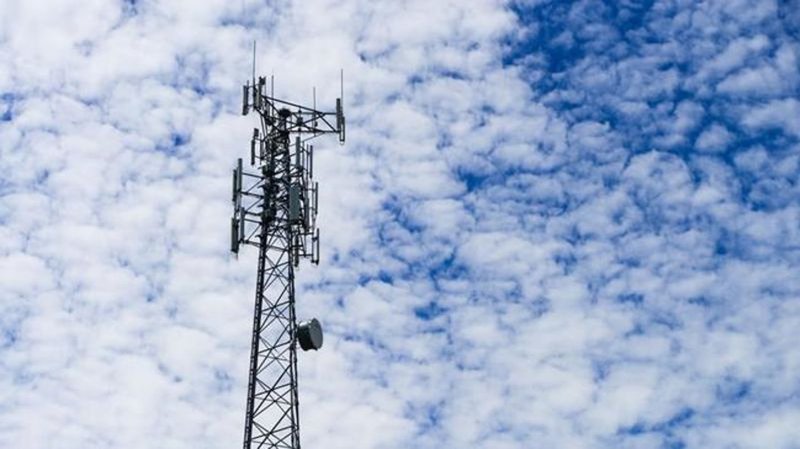
B.C. and federal governments promise unbroken cell service on ‘Highway of Tears’
The federal and British Columbia governments say seamless cellular coverage will be provided along the Highway of Tears by October 2022.
Seventy per cent of Highway 16 already has some coverage, but Lisa Beare, B.C.’s minister of citizens’ services, says the $11.7-million project will bring cell service to the remaining 252 kilometres between Smithers and Prince Rupert.
The project is set to begin this spring and will add 12 cell towers as well as improve connectivity at three rest stops, with the province and Ottawa each contributing just over $2 million and Rogers Communications picking up the remainder of the bill.
Highway 16 between Prince George and Prince Rupert became known as the Highway of Tears more than two decades ago, a reference to the many Indigenous women who have gone missing or been murdered along the route since the 1970s.


